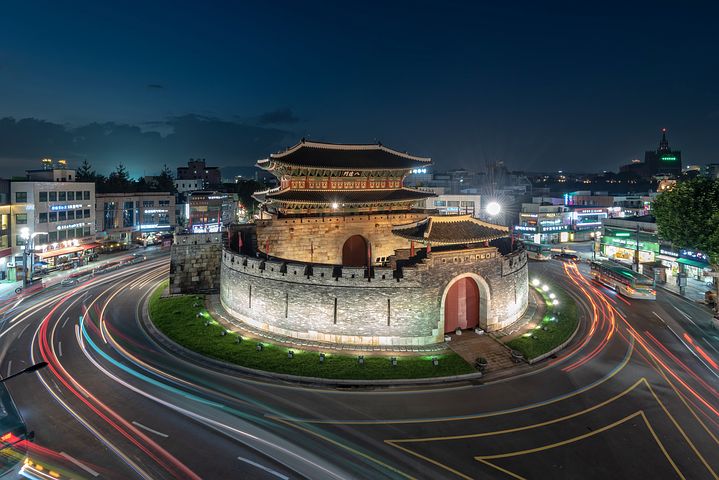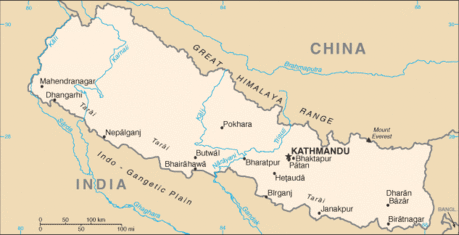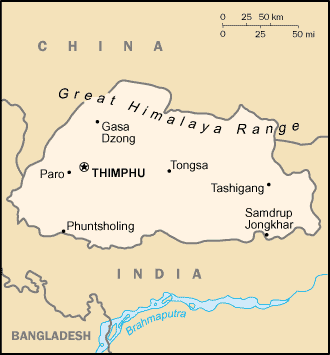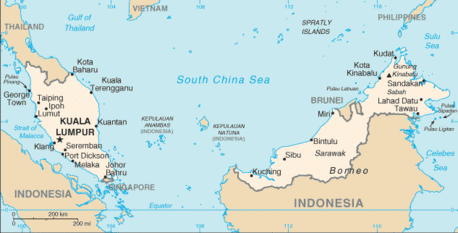Marvels Of Korea
Exploring historic treasures, cultural heritage, architectural marvels, and natural wonders in:
Seoul, DMZ, Suwon, Jeju Island, Busan, Gyeongju, Daegu, and Haeinsa with stopovers in Incheon
Tour Program Summary
The Korean peninsula is a tantalizingly unexplored slice of East Asia – a pine-clad land of mountains, misty archipelagos and rice paddies of emerald green, studded with urban pockets of incomparable joie de vivre. While its troubled history has made Korea’s very existence nothing short of miracles, amazingly its traditions and customs have largely survived intact – and for visitors, this highly distinctive culture is an absolute joy to dive into.
Your tour in South Korea starts from Seoul, one of the largest and most technically advanced cities in the fast developing Asia. The Korean capital regularly confounds expectations by proving itself steeped in history. Here, fourteenth-century palaces, imperial gardens, teeming markets and secluded tearooms continue to exude charm among a maze of skyscrapers, shopping malls, and express highways.
Take a day trip to the Demilitarized Zone (DMZ). The zone has been protected from human disturbance for about five decades and has become a haven for wildlife. The tourist destinations in this ecological area have been renamed as The Peace and Life Zone (PLZ).
Another day trip takes you to Suwon, the capital of Gyeonggi Province, which surrounds the nation’s capitol. The city’s main attraction Hwaseong Fortress is a UNESCO World Heritage Site that encircles the old part of the city, complete with watchtowers, a Buddhist Temple and an Imperial Palace. Also visit an intriguing Korean Folk Village.
A short flight takes you to Jeju Island, the country’s largest island and first and only autonomous province. Jeju also known as “Island of the Gods” is a Korea’s most sought after vacation destination due to its mild coastal climate, beautiful beaches, highest mountain in the country – Halla-san, numerous and unusual theme parks, and unique local culture.
Your next destination is Busan. Bursting with mountains and beaches, hot springs and seafood, South Korea’s second-largest city is a rollicking port town with tones to offer. From casual tent bars and chic designer cafes to fish markets teeming with every species imaginable, Busan has something for all tastes and diets.
A road trip will take you to Gyeongju, Known as ‘the museum without walls’, Gyeongju holds more tombs, temples, rock carvings, pagodas, Buddhist statuary and palace ruins than any other place in South Korea. Most visitors touring the city center are taken aback by the distinctive urban landscape created by round grassy tombs – called tumuli – and traditional architecture with colorful hip roofs set against a canvas of green rolling mountains.
Continue onto Daegu, Korea’s fourth largest city, and visit Haeinsa Buddhist Temple. Haeinsa is located in Gaya-san National Park and is one of the Three Jewel Temples of Korea and represents the Buddha’s teachings. Here you will find the Tripitaka Koreana, the whole of the Buddhist Scriptures carved onto 81,350 wooden printing blocks, which it has housed since 1398. The blocks as well as the building are both separate UNESCO World Heritage Sites.
Return to Incheon for a stopover and fly home or continue your journey in Asia.























